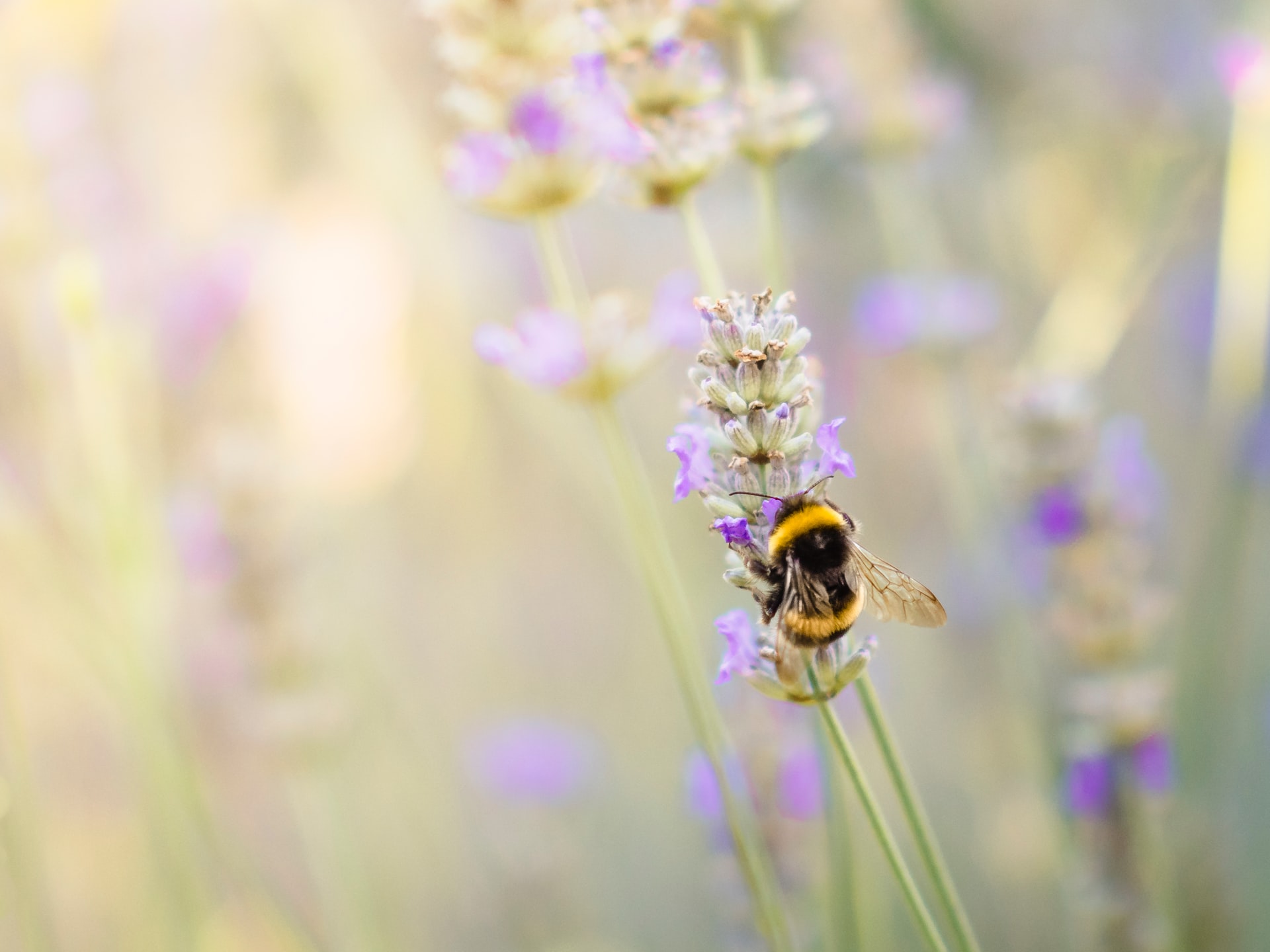We are losing species at record pace in a mass extinction driven by humans.
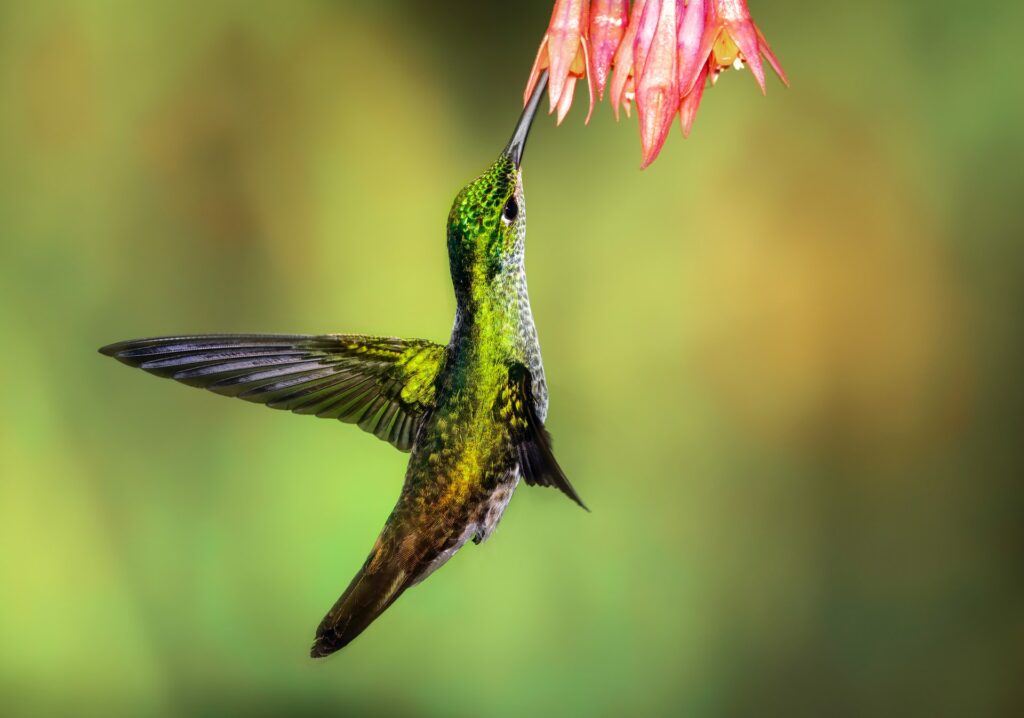
What does biodiversity actually mean?
The word ‘biodiversity’ is short for ‘biological diversity’. It refers to the variety of life in an area – plants, animals, even bacteria.
In the ‘biodiversity crisis’ context, it means all life on Earth.
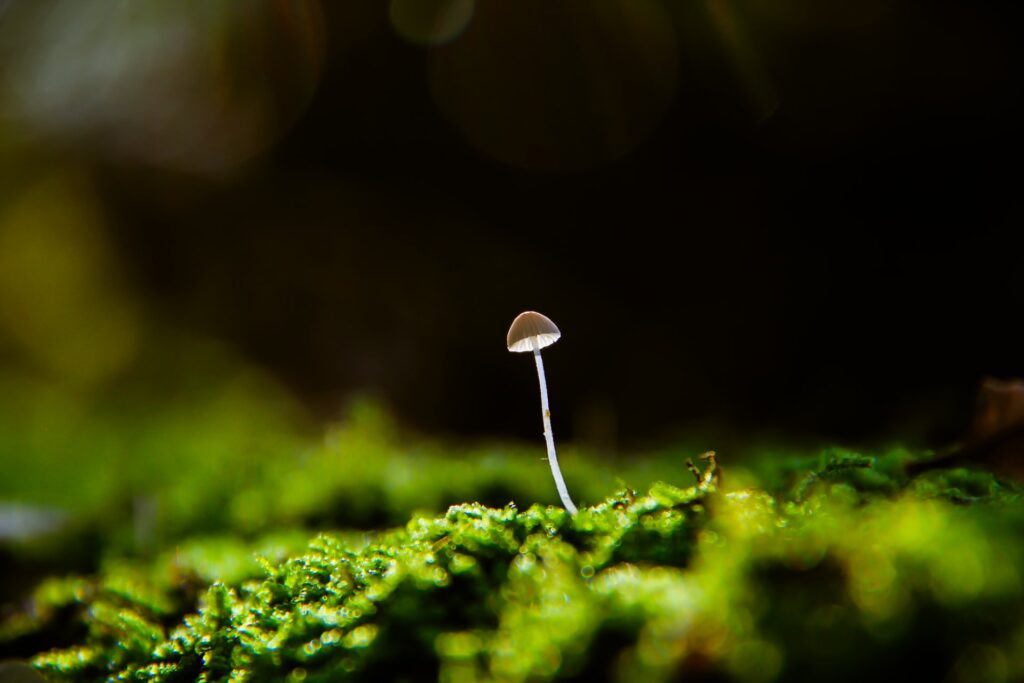
A biodiversity crisis sounds serious…
It is pretty serious.
It’s likely that 30% of species have been threatened by or driven to extinction since 1500, according to recent research.
As we continue to put pressure on the environment, experts estimate that a third of all existing species may be extinct or threatened by extinction by 2100. That’s less than 80 years away.
It’s been called Earth’s ‘sixth mass extinction’.
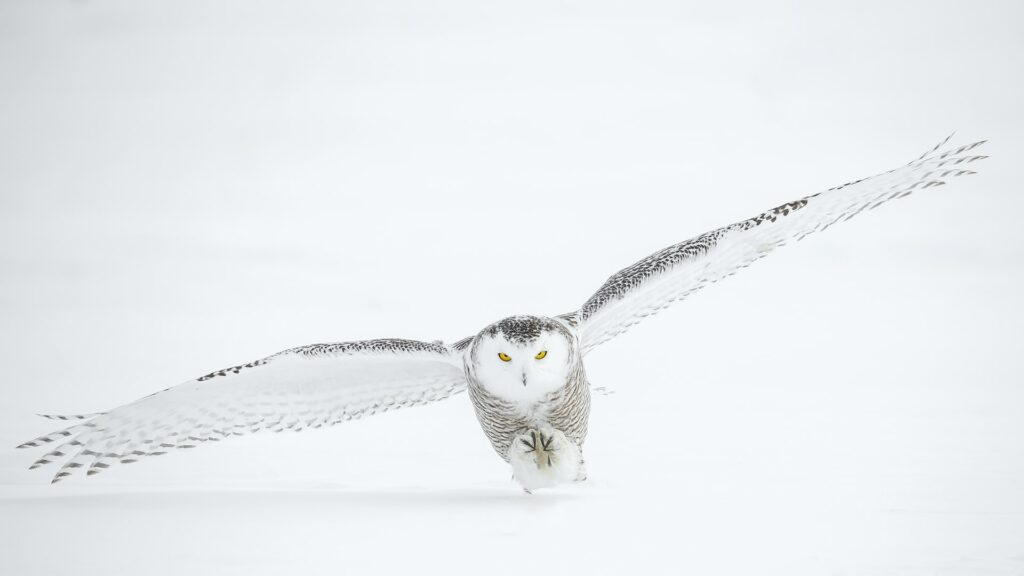
What happens if we lose a third of the planet’s species?
Humans need other species. Insects pollinate our crops. Birds disperse seeds. Many populations rely on animals – such as fish – for food. Scavengers clear up carcasses and waste. Trees clean our air. The food chain keeps all species in balance.
Nature has a wonderful way of keeping things in check – if we let it.
We don’t know the impacts of continued biodiversity loss. Most experts assume it will be bad – but not to what extent. This is partly because extinction rates don’t tell the whole story. For example, it doesn’t reveal the loss of diversity – the range and variety of creatures we’ll lose. It’s a complex issue.
We have already seen ecosystems collapse – for example, when coral reefs cannot recover from bleaching, becoming inhospitable environments for the creatures that once inhabited them.
We just don’t know when that tipping point will happen for Earth as a whole.
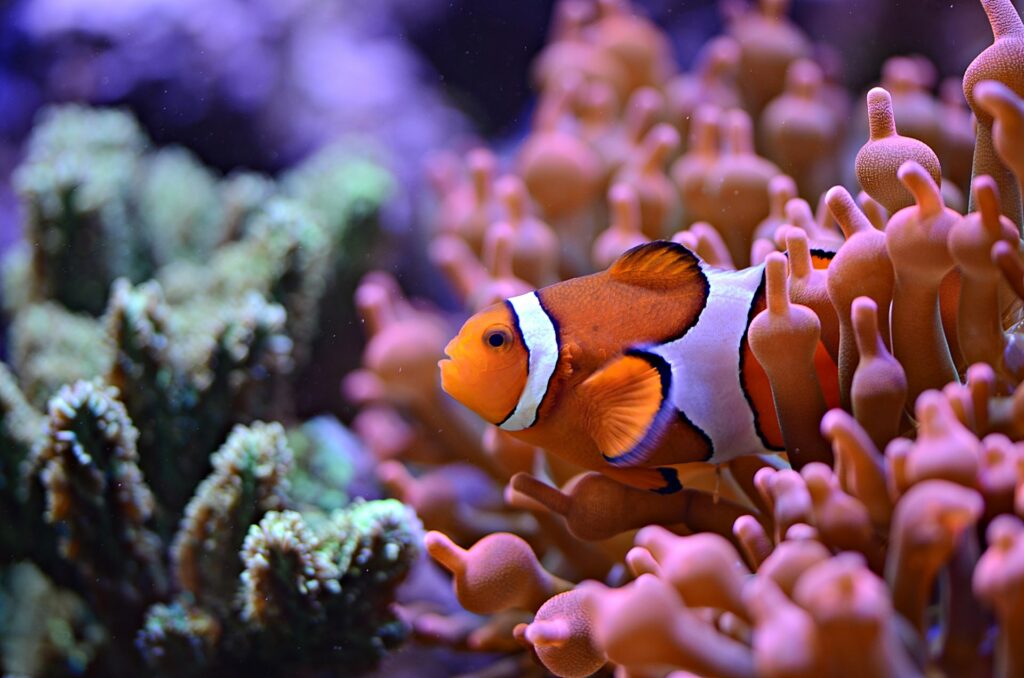
Why is this happening?
There are lots of reasons behind the loss of biodiversity, but here are some key factors, most of which are driven by population growth.
Habitat destruction
through…
- Logging.
- Drilling and mining for natural resources, such as oil or cobalt.
- Developments such as buildings and roads.
- Clearing land for agriculture.
Overconsumption
of…
- Fish.
- Crops.
- Wood.
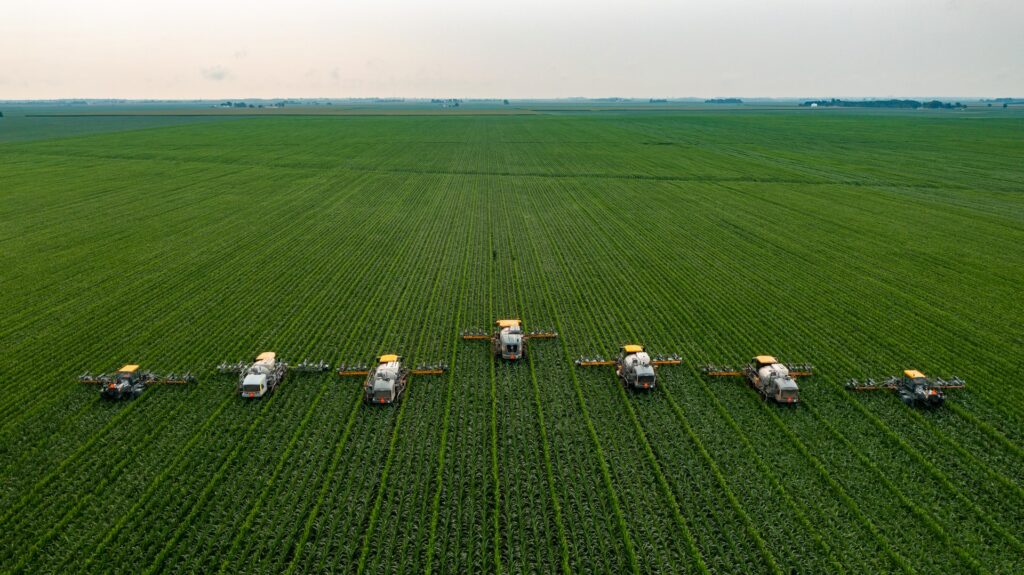
Pollution
such as…
- Chemicals in waterways.
- Plastic pollution.
- Oil spills.
Climate change
effects of which include…
- Warmer oceans and waterways.
- Melting ice in the Arctic.
- More frequent and severe weather events, such as droughts and floods.
What’s the fix?
The biodiversity crisis is of human making – that means we have the power to stop it.
There’s no quick and easy answer, but here are some of the things we need to slow biodiversity loss:
- New biodiversity targets – that we meet.
- Enforced policies to curb climate change.
- A return of conservation management to Indigenous peoples – the best custodians of the land.
- Better regulation of fisheries.
- Better regulation of land use, especially agriculture.
- Wildlife to be considered in all urban developments – for example, factoring in wildlife corridors, bridges and underpasses to allow safe movement through built-up areas.
- More research to learn about the impact of biodiversity loss and how we can mitigate it.
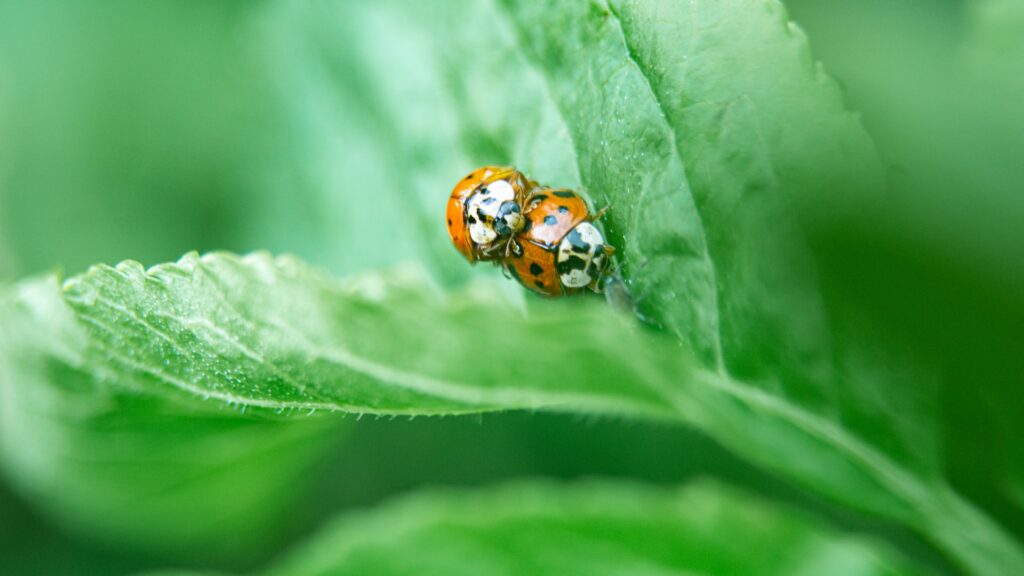
Some good news!
- We’ve brought species back from the brink before – such as southern white rhinos, which were thought to be extinct in the late 1800s and now number around 18,000.
- Rewilding efforts are working – the Eurasian beaver went from a population of around 1,200 in 1900 to 639,000 in 2003.
- Biodiversity protection is linked to mitigating climate change – for example, important habitats such as wetlands are big carbon sinks. Two birds, one stone – so to speak.
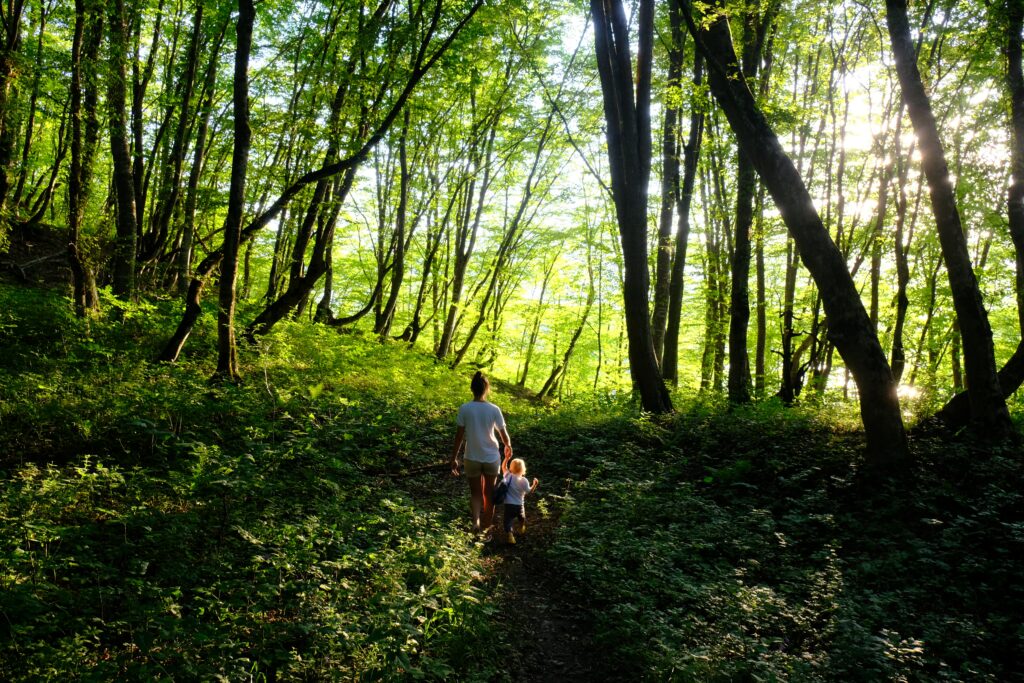
Sources
BBC, The bold plan that could save South Africa’s leopards
Berkeley, The Earth’s sixth mass extinction?
Earthjustice, What is the Biodiversity Crisis?
Frontiers in Ecology and the Environment, Expert perspectives on global biodiversity loss and its drivers and impacts on people
Mongabay, Global biodiversity is in crisis, but how bad is it? It’s complicated
Nature, The United Nations must get its new biodiversity targets right
OECD, Policy instruments relevant to sustainable land use
Pew, Rules and Consequences: How to Improve International Fisheries
UN, UN Report: Nature’s Dangerous Decline ‘Unprecedented’; Species Extinction Rates ‘Accelerating’
UN Environmental Program, Our global food system is the primary driver of biodiversity loss
UNESCO, Indigenous peoples: Informed custodians of biodiversity
Washington Post, 10 recent climate policies that could make a difference

